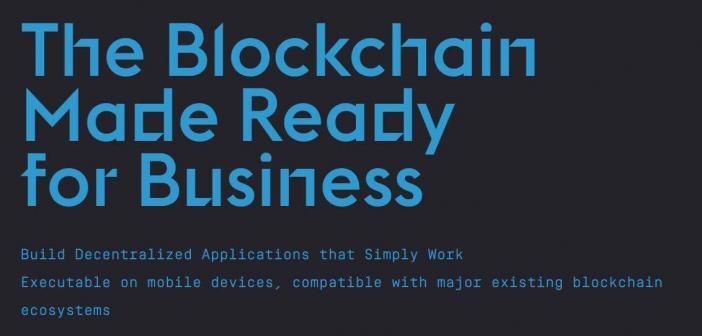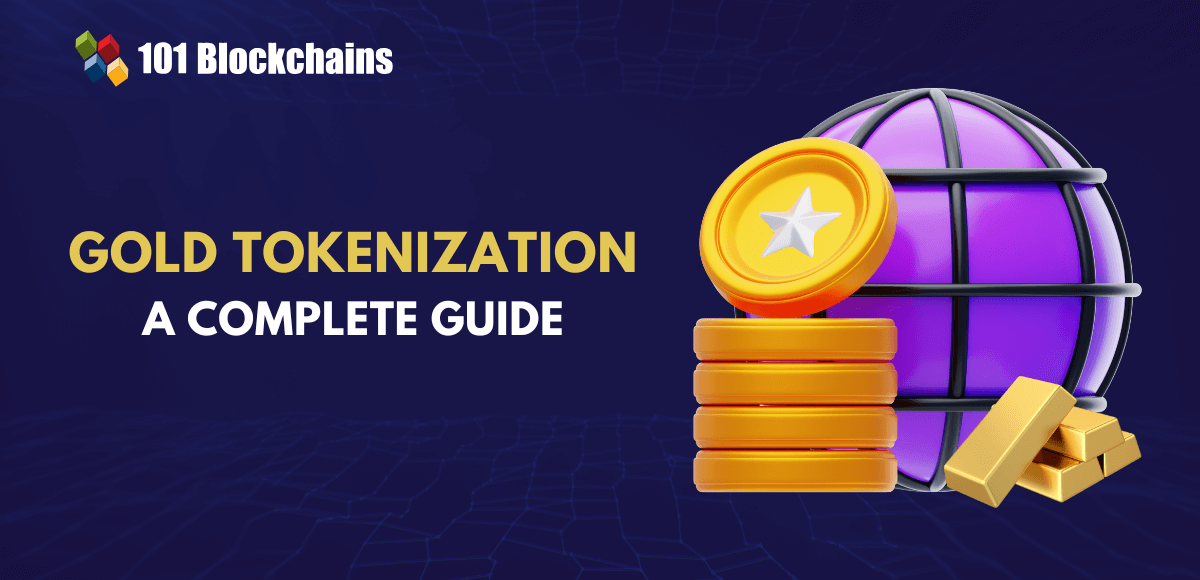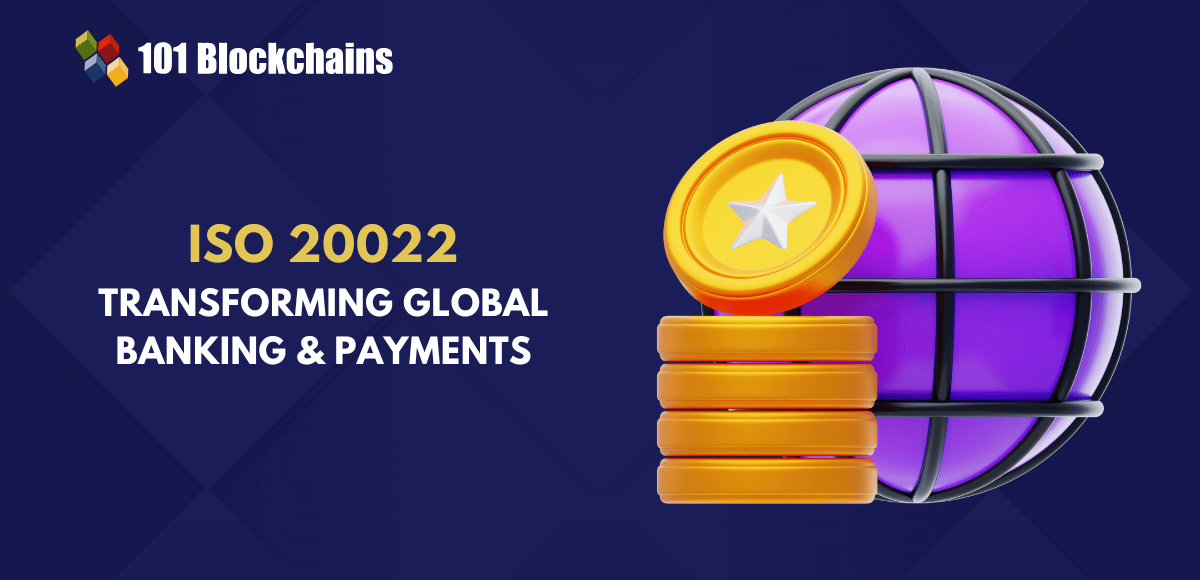Learn how blockchain truly works, master key definitions, and uncover what makes smart contracts so "smart." Dive into the fundamentals, gain valuable insights, and start your blockchain journey today!

- Guides
101 Blockchains
- on June 02, 2018
Beginner’s Guide: What Is QTUM Blockchain?
What is QTUM?
QTUM is a blockchain technology based in Singapore that uses proof of stake for verifying smart contracts of Ethereum to bridge it on top of the Bitcoin’s stable blockchain. It helps in increasing the interoperability and range of the applications of smart contracts mainly for the institutional and business purposes. It also implements templates, tools, as well as other plug and play options for smart contracts that further make it easier for the institutes and business firms to develop and execute smart contracts.
QTUM is developed with an aim of providing interoperability with well-known currencies like Ethereum and Bitcoin making smart contracts secure and easy to use. Bitcoin’s blockchain makes the foundation for the QTUM’s code with certain layers which are added to the blockchain of Bitcoin enabling virtual machine of Ethereum for smart contracts to work on top of Bitcoin. Due to this, any new development in the Ethereum and Bitcoin benefits QTUM as well as all the smart contracts that are developed on Ethereum.
Project Video
Features of QTUM
- To extend the QTUM protocol using Bitcoin’s community, it supports present and future improvement protocol of Bitcoin.
- SPV protocol with extensions is supported by the QTUM model which helps in interacting with smart contracts from the lite wallet.
- With the help of UTXO model, it provides applications and smart contracts that increase its usability and functionality.
- To communicate with oracles and trusted data feeds, it creates the smart contracts.
What Problems Does QTUM Solve?
The incompatibility of blockchains to each other restricts the power of technology severely. To track funds, Ethereum uses an account based approach whereas Bitcoin uses Unspent Transaction Outputs (UTXO) approach which is way more secure but complex than the account based approach. This allows the interaction between both the chains nodes.
Bitcoins also fails to use smart contracts in its Blockchain which on the other hand is masters by the Ethereum. In addition to this, the technology of blockchain because of Proof of Work (PoW) is also not business friendly which in case of other blockchains uses PoW to demonstrate their ownership. This confined the applications of practical business.
QTUM is developed for mobile applications. With QTUM these issues are fixed as a result of which many businesses started relying on it. Many Asian companies, in fact, have already developed mobile applications based on QTUM technology. You can read project whitepaper here.
How to Buy QTUM?
QTUM cannot be bought by exchanging it with any fiat currency. Therefore, in order to get QTUM, users need to purchase other commonly used currencies such as Ethereum or Bitcoin on Coinbase with the help of credit/debit card or bank transfer. After buying Ethereum or Bitcoin tokens they can be swapped with QTUM on the platform like Binance.
Pros of QTUM
- Uses a virtual machine of Ethereum which allows the contracts of Ethereum to run on Quantum just by making little adjustments.
- It uses Proof of Stake which eliminates the need for mining as well as masternodes. Thus there are no fix coins that are required to run a node. This allows everyone to create a new block in the blockchain, run a node, and get rewards.
- Ethereum smart contracts are used by the QTUM developers which is Bitcoin’s model of Unspent Transaction Output.
Cons of QTUM
- Some issues are reported against the UTXO model.
- The smart contracts that are developed on this model are not much accurate.
Final Words
QTUM uses all the important and useful features of the Bitcoin and Ethereum infrastructures as a result of which they provide individuals and business firms an effective reason to use blockchain for developing decentralized applications. Although QTUM does not start out big it certainly has gained popularity in less time by giving a helpful and straightforward tool to the companies. QTUM is certainly a mixture of two well-settled blockchains, but it is hard to tell whether this combination will actually benefit companies on large scale or not.




